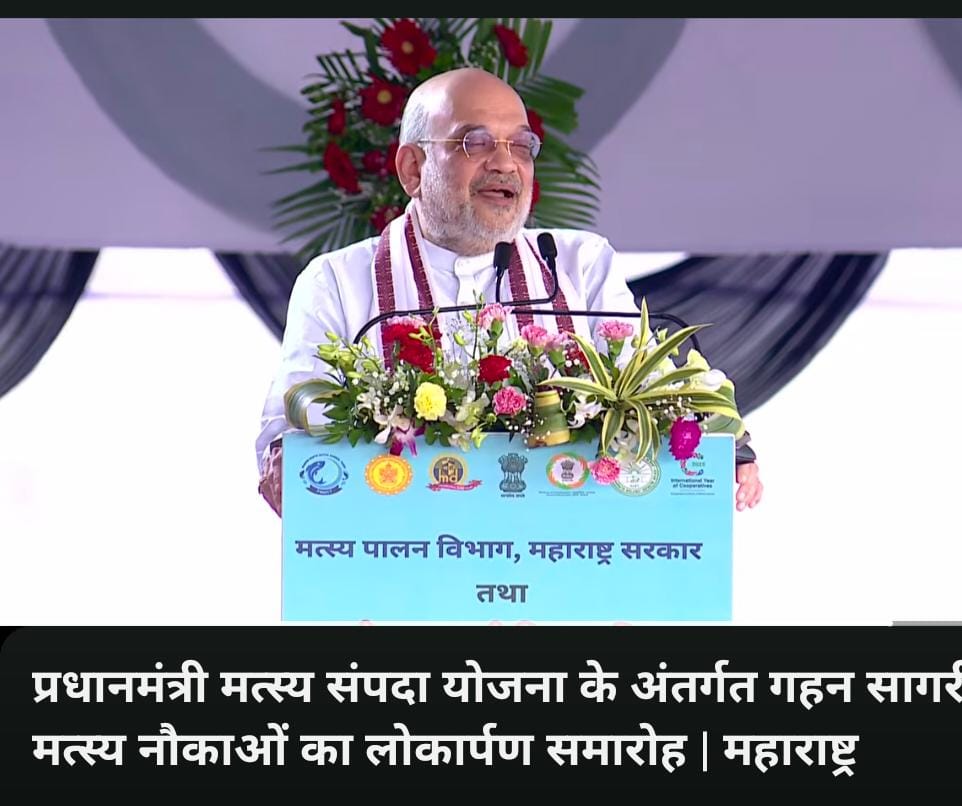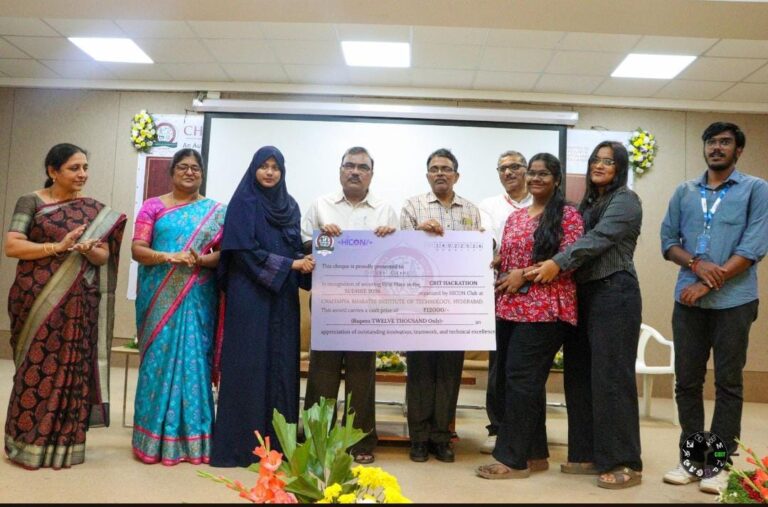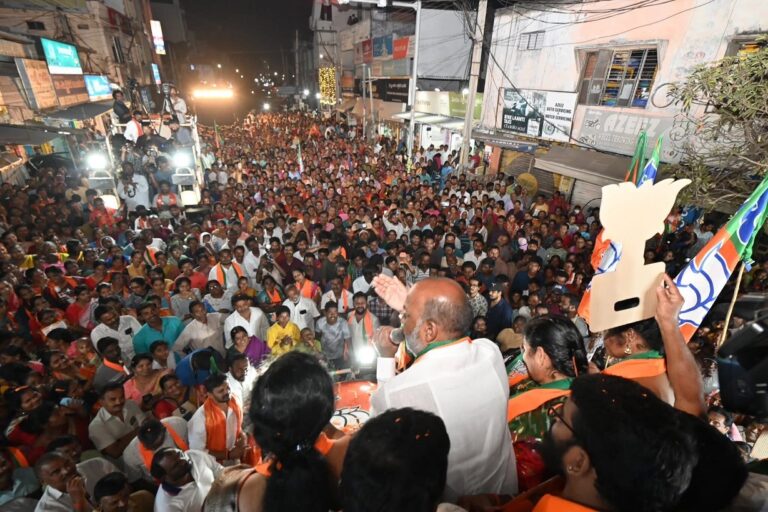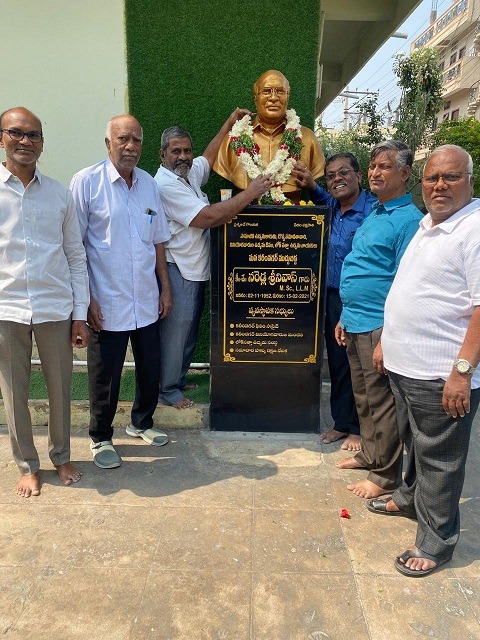
MUMBAI, OCTOBER 27, 2025: Union Home and Cooperation Minister Amit Shah inaugurated the India Maritime Week – 2025 in Mumbai today, in the presence of Chief Ministers and senior dignitaries from Maharashtra, Gujarat, Goa, and Odisha, along with global delegates representing more than 100 nations. The event marks a defining milestone in India’s maritime resurgence under the visionary leadership of Prime Minister Narendra Modi, celebrating the spirit of Amrit Mahotsav of Independence through the lens of maritime transformation.
In his address, Shri Amit Shah declared that “This is India’s Maritime Moment”, signifying the transformation of the Gateway of India into the Gateway of the World. Over the past decade, the Modi Government’s far-reaching reforms have positioned India as a major emerging power on the global maritime map. The country’s 23.7 lakh sq. km Exclusive Economic Zone (EEZ) and 11,000 km coastline stand as testaments to its maritime strength and strategic importance.

Highlighting India’s growing maritime prowess, Shri Shah said, “With the synergy of our maritime position, democratic stability, and naval capability, India has become a bridge between the Indo-Pacific and the Global South — driving development, security, and environmental balance.” He noted that India’s maritime history, over 5,000 years old, is now entering a new era of leadership and global engagement under Modi’s stewardship.
Shri Shah underlined that Prime Minister Modi’s maritime vision rests upon the three pillars of security, stability, and self-reliance, which together define the roadmap for Maritime India Vision 2047. Through initiatives like Sagarmala, Blue Economy, Green Maritime Vision, and MAHASAGAR (Mutual and Holistic Advancement for Security and Growth Across Regions), India is committed to becoming one of the world’s top five shipbuilding nations.
He further announced that under the Sagarmala Project, 839 projects worth USD 70 billion have been identified, with 272 projects worth USD 17 billion already completed. The ambitious USD 5 billion Great Nicobar Project and the development of the Maritime Heritage Complex in Gujarat exemplify India’s commitment to maritime excellence and historical continuity. In addition, outdated laws such as the 117-year-old Indian Ports Act have been reformed, ensuring India’s legal framework aligns with global standards, and the Major Ports Authorities Act (2021) guarantees greater port autonomy and modernisation.
In his remarks, Shri Shah revealed that coastal shipping has increased by 118% and cargo handling by 150% over the last decade, while turnaround times have significantly improved to meet global benchmarks. The Government’s focus on a Blue Economy underscores India’s commitment to sustainable development, coastal security, and fishermen’s welfare.
He also reiterated India’s vision for a Green Maritime Future—a development model that advances growth while preserving ecological balance. “India recognises the interdependence of maritime livelihoods, particularly for Small Island and Global South nations,” he said. “Our maritime policy reflects a shared vision of building a green, prosperous, and inclusive ocean economy.”
Shri Shah concluded that India Maritime Week – 2025 has emerged as the most prestigious maritime dialogue platform in the Indo-Pacific region. With participation from over 350 speakers, 500 companies, and one lakh delegates, and investment opportunities worth ₹10 lakh crore, this summit embodies India’s ambition to reach the top position in the global maritime industry by 2047.
He emphasised that India believes not in competition but in cooperation — a vision where all stakeholders, governments, and industries “row in the same direction” to build a secure, sustainable, and self-reliant maritime future.




